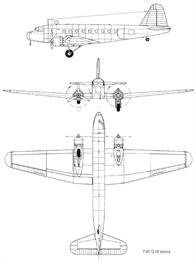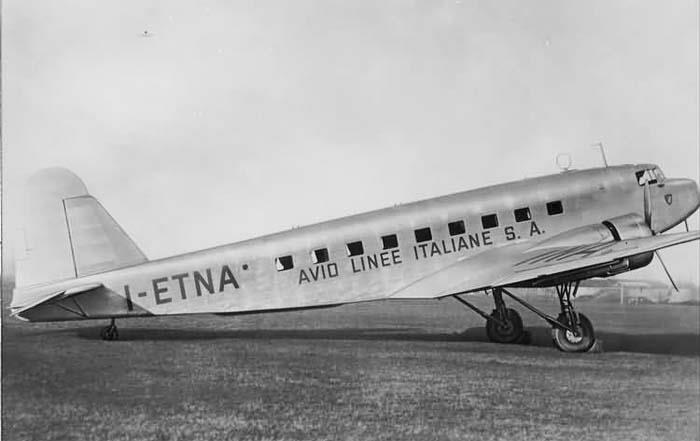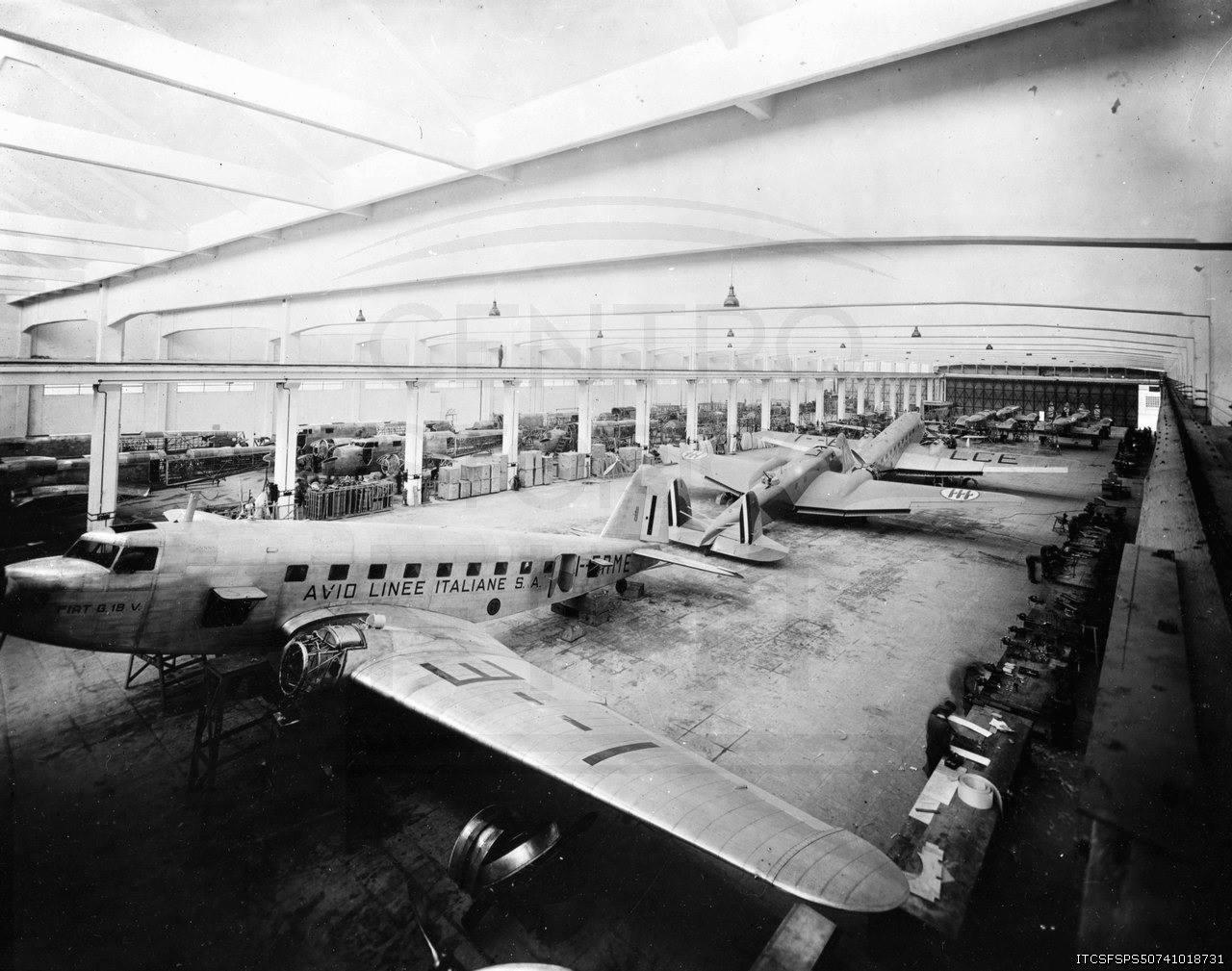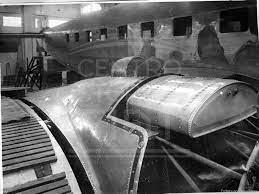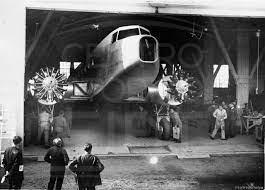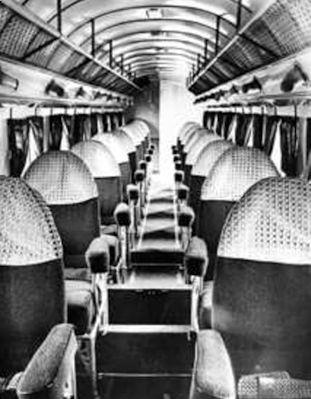| Type |
3 + 18 passengers |
| Engine |
2 Fiat A.80 |
| Dimensions |
Length 18,81 m , height 5,01 m , span 25,0 m , wing area 88,0 m2 , |
| Weights |
Empty 7200 kg, loaded 10800 kg , max. take off weight |
| Performance |
Max.. speed 402 km/h , cruising speed 278 km/h , range 960 km, endurance , service ceiling 8740 m , climb |
| Type |
Werk.Nr |
Registration |
History |
|
1 |
I-ELFO, MM60430, D-ANYW |
Avio Linee Italiane/Taliedo 08.06.37. To DLH |
|
2 |
I-ELCE, MM60432, D-AORW |
Avio Linee Italiane/Taliedo 08.06.37. Crashed east of Torino with Torino football club on board 4.5.49 |
|
3 |
I-ERME, MM60433, D-AOKX |
Avio Linee Italiane/Taliedo 09.07.37. To DLH could be D-AOKK |
|
4 |
I-ENEA, MM60434, D-AOKZ |
Avio Linee Italiane/Taliedo 28.07.37 |
Medium transport aircraft G.18 was built for the needs of Avio Linee Italiane - its own airline company FIAT. The airliner was Gabrielle's answer to the DC-1 and DC-2. The aircraft was an all-metal cantilever low-wing aircraft with a thin duralumin skin and embodied a number of design solutions studied by Gabrieli during a business trip to the United States. The main landing gear was retracted into the engine nacelles, leaving the wheels partially protruding beyond their contours, and the power plant included two 700 hp A.59 R radial piston engines. The engines rotated three-blade variable-pitch propellers. The number of the crew is three people, the passenger capacity is 18 people.
The machine made its first flight on March 18, 1935. However, tests of the prototype revealed insufficient power of the power plant, as a result, on March 1, 1937, the G.18V, equipped with A.80 RC.41 engines, with a capacity of 1000 hp, took to the air. each featuring a redesigned vertical tail unit and ventral ridge along almost the entire length of the fuselage. Six G.18Vs were built, all of which entered Avio Linee Italiane and flew on routes linking Rome, Turin, Milan and Venice with nine European countries.
In 1939, it was decided to convert the liner into an aircraft for military needs, turning it into a transport and passenger. As a result, the G.18V variant was launched into mass production, which had some modifications in the design. A total of 9 aircraft were built, which were soon transferred to the disposal of Regia Aeronautica.
After Italy entered World War II in June 1940, the airline came under military control. The company was renamed "Nucleo Comunicazioni Avio Linee" and regularly operated its G.18 and G.18V aircraft for the military. For example, they transported troops and equipment to Albania in November 1940 - as part of the Italian army's campaign against Greece. At the same time, the civil registration numbers already assigned to them I-ELIO, I-ETRA, I-ETNA, I-ELFO, I-ELCE, I-ERME, I-ENEA, I-EION and I-EURE were respectively changed to military MM. 60427 - MM 60435.
In September 1943, five aircraft (I-ELFO, I-ERME, I-ETEA, I-ETRA, I-ELCE) remained in southern Italy. After the conclusion of a truce between Italy and the Anglo-American allies of the year, one plane ended up in the hands of the allied units of the Italian Air Force, and three planes ended up in the Nazi-occupied part of Italy and were transferred to the Luftwaffe. Another aircraft entered the air force of the allied Reich of the Italian fascist republic - the last flight was performed on April 29, 1944. The next day, while preparing for the next flight, the plane loaded with ammunition and ammunition exploded, causing serious damage to the airfield in Bresso.
